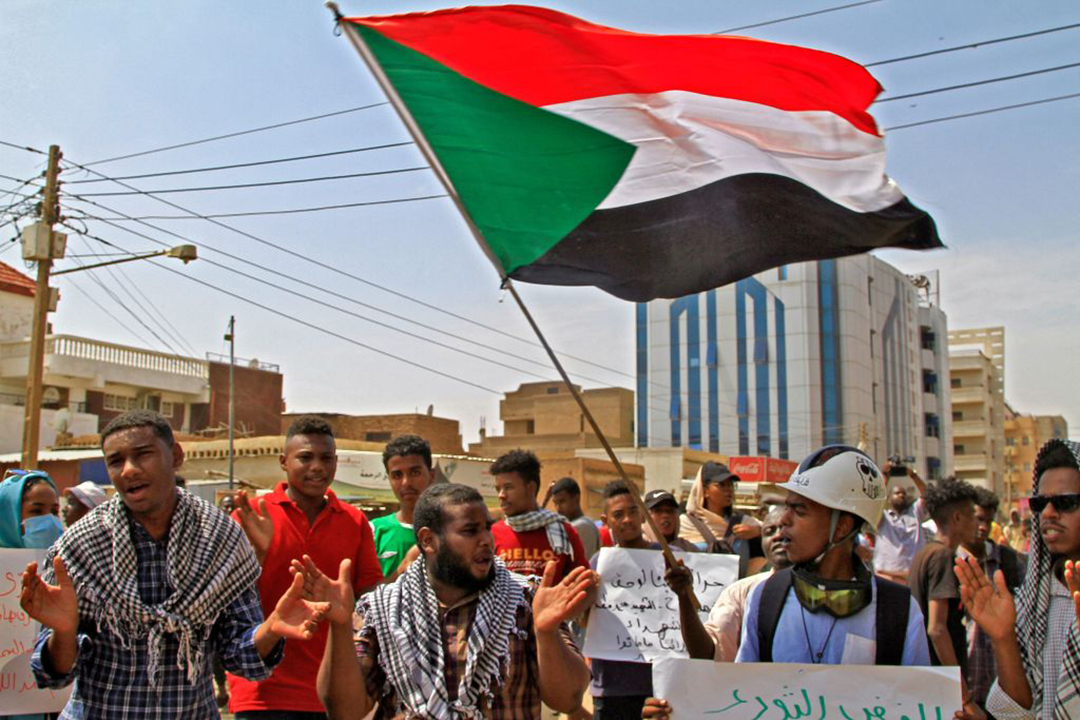
Civilian political forces in Sudan are working to form a government in areas controlled by the Rapid Support Forces (RSF), rejecting an army-led administration proposed by General Abdel Fattah al-Burhan in Port Sudan.
A political charter formalizing the civilian-led government is set to be signed on February 17 in Kenya, according to Osman Abdulrahman Suleiman, spokesperson for the United Civil Forces Alliance (Qimam). The coalition includes multiple political and civil groups, such as Qimam, the Coordination of Democratic Civil Forces (Taqaddum), the Unified Federal Party, and factions of the Umma and Federal Origin parties, alongside revolutionary front groups.
Suleiman said technical committees had finalized a draft constitution, a political charter, and an alternative governance framework. The proposed government aims to provide civilian protection, essential services, official documentation, and humanitarian aid, while rejecting the legitimacy of the military-backed administration in Port Sudan.
The move comes as Sudan’s junta expands its military operations, making gains in central areas, including parts of Gezira and Bahri. The RSF has vowed to counter these advances.
Burhan, speaking from Port Sudan, outlined plans for a transitional government composed of independent technocrats, describing it as either a “caretaker administration” or a “war-time government.” He said the military would oversee national security while civilians managed governance and election preparations.
RSF political adviser Mohamed Tabeq dismissed Burhan’s plan as an attempt to mislead the international community, likening it to previous maneuvers by Sudan’s military rulers.
The RSF is also broadening its political alliances, with Ibrahim Al-Mirghani’s Democratic Unionist Party among the latest civilian factions to align with the Sudanese group.
Sudan has been engulfed in conflict since April 2023, when fighting erupted between Burhan’s army and RSF leader Mohamed Hamdan Dagalo. The war has killed tens of thousands, displaced over 12 million people, and created one of the world’s worst humanitarian crises, according to aid organizations.
Despite international calls for a ceasefire, clashes continue in key areas such as El Fasher, North Darfur, a critical hub for humanitarian efforts.
With rival military and civilian factions advancing competing political agendas, Sudan’s future remains deeply uncertain.
